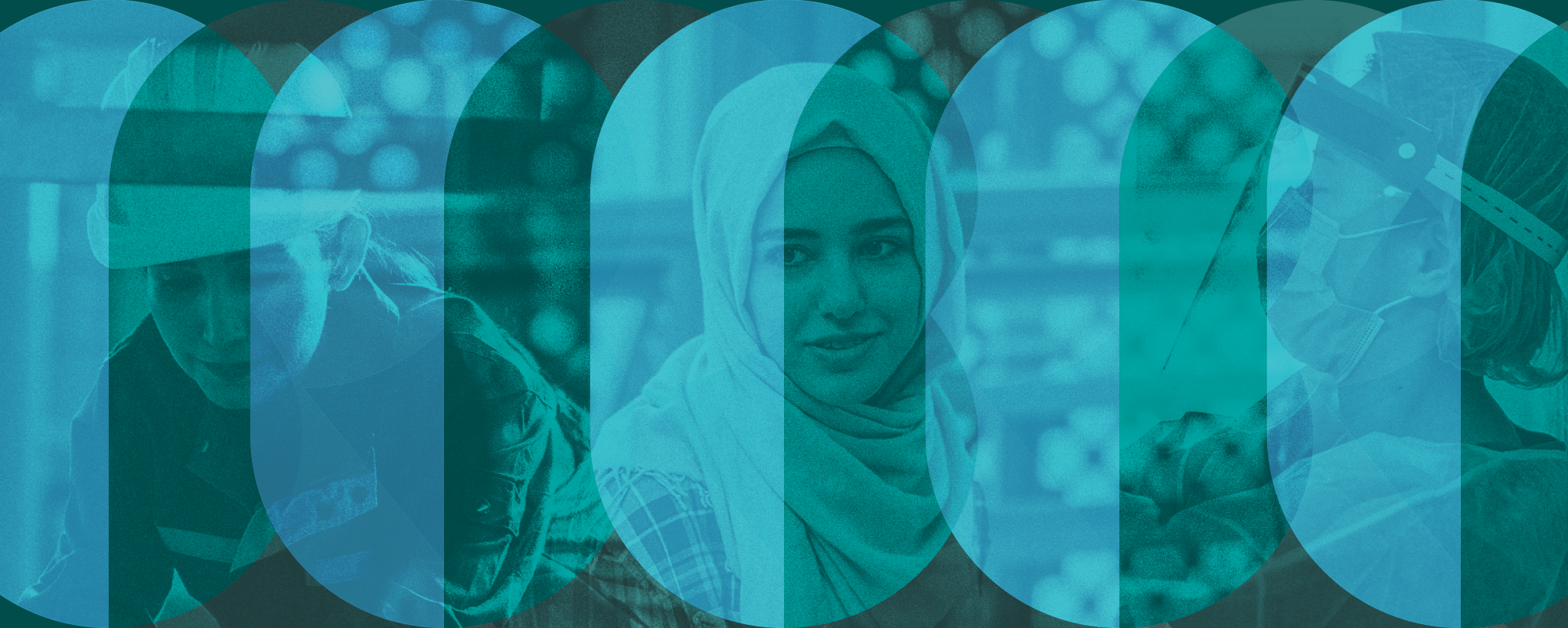Gender Equality
Our publications are available to all at no cost. Please support the CCPA and help make important research and ideas available to everyone. Make a donation today.
-

Alternative federal budget 2026: Gender equality
What the Canadian government should do on gender equality. Because true independence needs a new economic model.
-

Budget fédéral alternatif 2026 : Égalité des genres
Ce que le gouvernement canadien devrait faire en matière d’égalité des genres. Une véritable indépendance exige un nouveau modèle économique.
-

Time to push back against the silencing of women’s voices
This week is Gender Equality Week, first introduced by the Liberal government in 2018 to celebrate women’s achievements and to encourage all governments to tackle…
-

Potential cuts to Women and Gender Equality Canada could take us back to the Harper days
On April 28, women voters delivered a major victory for the Liberal party, turning around the electoral fortunes of a party that had been trailing…
-

This International Women’s Day, it’s time to fight
The reactionary attacks on women, gender-diverse people, and all marginalized people are accelerating dramatically. It’s up to us to put a stop to it.
-

Honouring reproductive rights and freedoms
With reproductive rights being a central issue in the upcoming US election, the work of the Women’s Health Clinic (WHC) in Manitoba highlights the fragility…
-

Missed Opportunities
This report provides an assessment of Canada’s progress in meeting the goals for gender equality set out in the Beijing Declaration and Platform for Action.…
-

EBC Fundraising Brunch 2024
The Canadian Centre for Policy Alternatives – Manitoba is proud to be honouring the Women’s Health Clinic at their annual Errol Black Chair in Labour…
-

Beyond Recovery Data Dashboard
Women’s economic standing in Canada in the aftermath of the COVID-19 pandemic
-

Questions and Answers: Pay Equity in Manitoba
A primer on Pay Equity in Manitoba The gender pay gap is the amount of money earned by women for every dollar earned by men.…
-

Unequal pandemic, unequal recovery
The COVID-19 pandemic that swept the globe in 2020 not only threatened people’s health but exposed and exacerbated entrenched inequalities. Women bore the brunt.
Updates from the CCPA
Read the latest research, analysis and commentary on issues that matter to you.
CCPA Updates